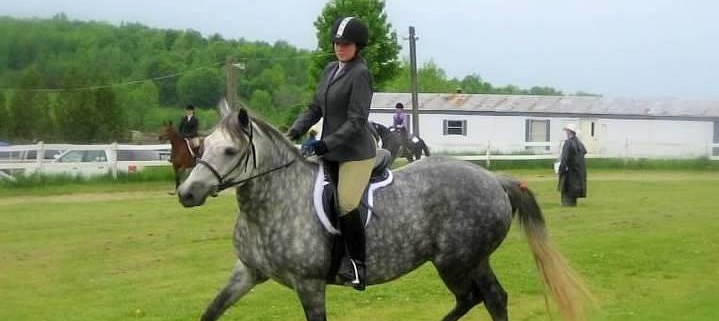Tetanus in Horses
Tetanus is a type of bacteria in the clostridium family. The bacteria is shed in feces from infected animals and is very hardy so it can live in the environment (soil, feces, farm equipment, etc) for a long time. Animals contract Tetanus when the bacteria gets into an open wound. Most animals can contract Tetanus, but horses have a reputation for being exposed more frequently because of their environment and tendency to get cuts and scrapes. People are also at risk of Tetanus so it is a good idea for people that work around farms to get their Tetanus shots. Tetanus is one of the core vaccines for horses and adult horses should be vaccinated every year.
Once inside the body, Tetanus bacteria multiply very quickly and produce a neurotoxin. Symptoms are neurological and start out with tight muscles and muscle spasm. Infected horses can be treated with antibiotics and supportive fluids, but recovery rates are very low. The muscle problems will progress, making the horse very uncomfortable and anxious. A locked jaw and a raised third eyelid are classic signs of advanced Tetanus. The spasms can spread to the face and cause sweating. Eventually the spasms will lead to the horse being unable to stand and the horse will usually die from respiratory failure.
The vaccines for Tetanus are highly effective so a good vaccine schedule will help prevent this devastating disease.
Studies
Horse products for tetanus prophylaxis.
Intrathecal antitetanus serum (horse) with steroid in the treatment of neonatal tetanus.


